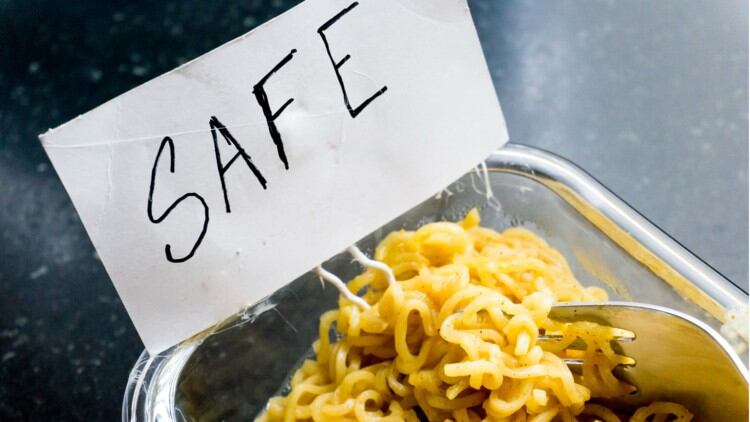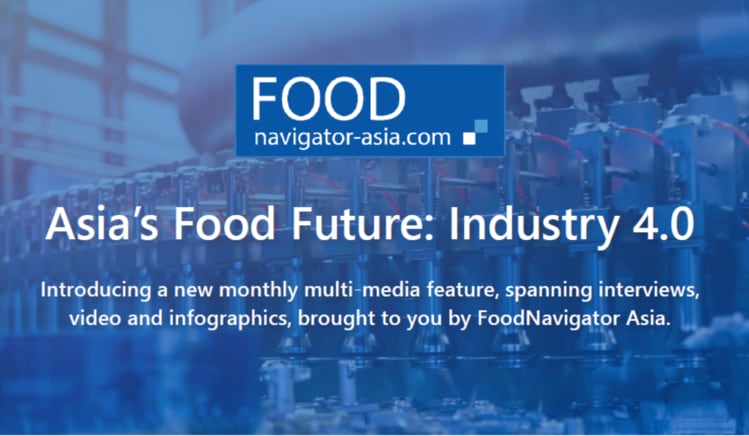Hazard reduction: FSSAI mandates compulsory third-party food safety audits in six ‘high-risk’ categories
The Food Safety and Standards Authority of India (FSSAI) has issued a formal order mandating compulsory third party food safety auditing for all food companies that deal in ‘high-risk’ product categories in hopes of reducing the need for frequent government inspections.
According to the order document, the agency has designated six such ‘high-risk’ food categories: Dairy, meat, fish, eggs, foods for nutritional uses (e.g. infant nutrition), prepared foods and products related/sourced from these.
“The food businesses subject to mandatory food safety auditing [in these categories] shall get [the] business audited by a recognized auditing agency at intervals as specified by [FSSAI],” said FSSAI Executive Director (Compliance Strategy) Dr Shobhit Jain, who issued the order.
“[This is in accordance] with the Food Safety and Standards (Food Safety Auditing) Regulations, 2018.”
Due for review: FSANZ launches proposals for food safety standards review in Australia
Food Standards Australia New Zealand (FSANZ) has launched two proposals to overhaul of the Australian food safety standards in the Australia New Zealand Food Standards Code (the Code), marking the first time in almost two decades these have been reviewed.
Two chapters of the Code, which pertain to food safety, will be subjected to assessment as part of this review, which are Chapter Three (Food Safety Standards) and Chapter Four (Primary Production and Processing Standards).
Both Chapters Three and Four apply only to Australia.
“The Australia and New Zealand Ministerial Forum on Food Regulation has asked FSANZ to consider whether, and how, the food laws could be better supported by standards (regulatory measures) or non-regulatory measures,” said FSANZ via an official statement on the review.
Fermentation fear: One-in-five Aussie beverages non-compliant with alcohol limits
Over 20% of fermented beverages in Australia have been found to contain alcohol content above that of the limits stipulated by Food Standards Australia New Zealand (FSANZ), a government study has revealed.
The study was conducted by the Department of Health and Human Services, Victoria across 2017 and 2018, and comprised fermented beverages samples from the five Australian territories of Victoria, Queensland, New South Wales, Tasmania and South Australia.
According to the FSANZ’s Australia New Zealand Food Standards Code, beverages need to contain ‘no more than 1.15% alcohol by volume (ABV)’ and ‘not be labelled or otherwise presented for sale in a form which expressly or by implication suggests that the product is an alcoholic beverage’ for these products to be considered ‘non-alcoholic beverages’ or ‘brewed soft drinks’.
Hygiene and flexibility: China’s food safety concerns open doors for Japan’s Shikoku Kakoki
Food hygiene and safety concerns in China have prompted equipment firm Shikoku Kakori to launch a new carton-filling machine for the market, which includes automatic-cleaning and decontamination functions.
Shikoku Kakoki is a Japanese firm with a focus on manufacturing packaging and filling equipment for dairy and juices in its Shanghai-based China division, Shanghai Shikoku Food Packaging Machinery.
“Our latest launch in China is the SKS-F07 carton-filling machine. The major advantage [we have developed for] this machine is the ability to wash everything automatically, [so as to] maintain a high hygiene level,” Shikoku Kakoki General Manager, Business Planning & Promotion Office Hiroyuki Tanaka told FoodNavigator-Asia.
Fighting nuts with nuts: How strong is science behind allergy-exposing strategy?
A new allergy prevention project in Australia has recommended that children be exposed to a variety of common allergy-causing foods within the first year of age in order to decrease their risk of allergy development later in life – but how strong is the science behind this recommendation?
According to the recently-launched Nip Allergies in the Bub campaign by the National Allergy Strategy (NAS), babies should be fed these foods ‘around six months, but not before four months’ of age in order to ‘greatly reduce the risk of them developing an allergy to that food’.
This is recommended for nine different common allergy-causing foods: Peanuts, tree nuts, eggs, cow’s milk, wheat, soy, fish, shellfish and sesame.





